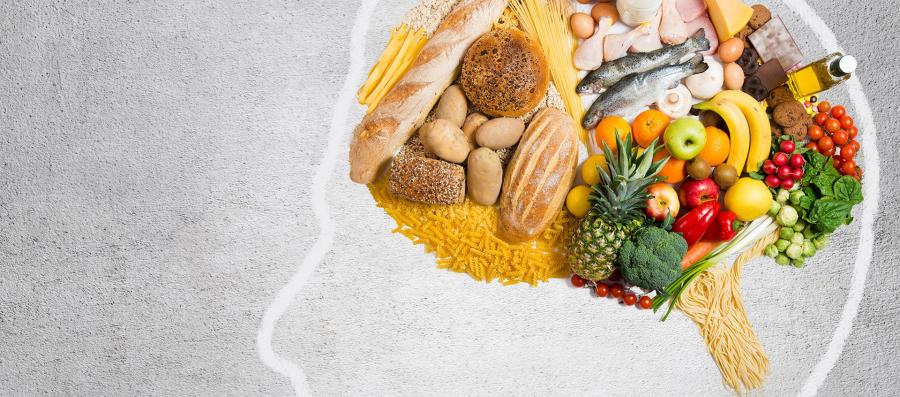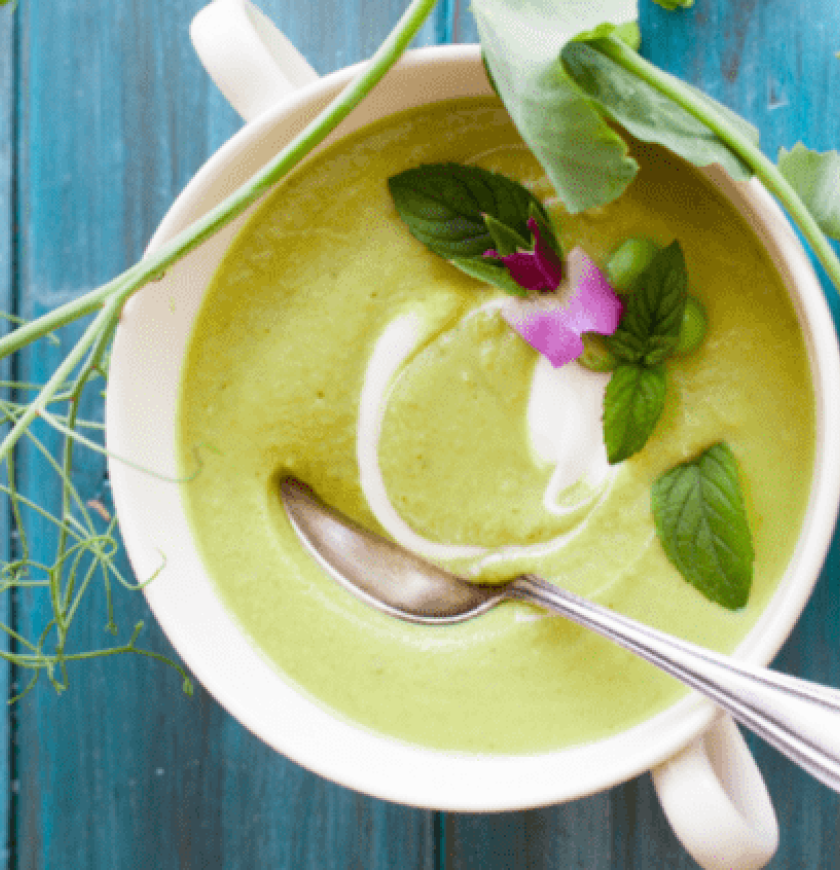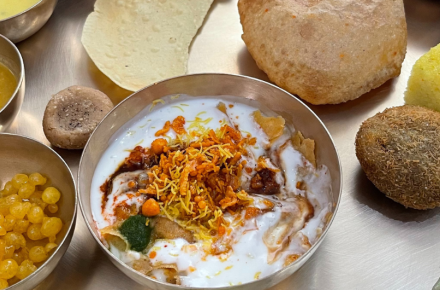The Care and Feeding of Your Brain

Kathie Madonna Swift, RDN, is a registered dietitian nutritionist working in the field of integrative and holistic nutrition. A faculty member at Kripalu and a pioneer in the Food As Medicine culinary nutrition movement, she is author of The Swift Diet: 4 Weeks to Mend the Belly, Lose the Weight and Get Rid of the Bloat and The Inside Tract: Your Good Gut Guide to Great Digestive Health. We asked her for the inside track on nutrition for optimal brain health, the subject of this spring’s Food As Medicine seminar at Kripalu.
What exactly is brain health? How do you know if your brain is healthy?
The brain weighs approximately three pounds. It’s 60 percent fat and it uses 20 percent of our body’s fuel. It’s the command center of the body. When you’re in a state of optimal functioning, the brain is processing new information, accessing memories, focusing, making decisions, and experiencing emotions. When the brain is less healthy, that’s when you get everything from mood disorders and memory loss to addiction and neurodegenerative disease.
In recent years, research has uncovered a powerful brain-belly connection. Dr. Michael Gershon coined the phrase “the second brain” to refer to the enteric nervous system in the gut, which manages digestion with its own network of neurotransmitters. It’s fascinating to me that what happens in the brain can directly affect the gut, and vice versa. So maintaining a healthy microbiota (microbe collection) in the gut is key to brain health.
So how do we keep both of these brains happy and healthy?
That’s where the science of nutrition and the idea of using food as medicine come in. We do have the ability to change the brain by feeding it what it needs. We can use food to balance brain function and restore resiliency. Our food choices interact with our genes, environment, and lifestyle to influence how health, vitality, or disease is expressed. When we study the host of chemical compounds in food as well as the makeup of our microbiota, we can see that they work together like a symphony to impact brain health.
Studies have shown that people with ALS live longer and have a better quality of life when they have nutritional support. Treatment-resistant depression has been shown to respond to foods containing vitamin B12 (eggs, fish, poultry, meat) and antioxidant-rich nutrients like vitamin E (sunflower seeds are a good source). We can eliminate or avoid certain foods that might be aggravating the brain, or we can add foods with nutrients that nourish the brain, like vitamin E and omega-3s (in wild fish such as salmon and sardines, as well as flaxseed, walnuts, and soybeans). It’s fascinating how these nutrients can be manipulated to support brain health, depending on the individual. We can test for nutrient levels and use those measures in making clinical decisions.
Lately, fat has been gaining ground in nutritional circles. How important is fat in a balanced diet?
Our cell membranes are lipid in nature, and they need to be nourished with healthy fat, which does include some saturated fats. I highly recommend plant-based fats, found in nuts and seeds, olives, avocados, and coconut. As far as animal fats, they’re okay in moderation, particularly yogurt, ghee (clarified butter), and wild fish. When you look at research on the gut, what has been pretty clear is that a diet that’s too high in animal fats (along with too much sugar and too little fiber) can promote inflammation and gut deterioration.
How does the science of nutrition and brain health correlate with the ancient life science of Ayurveda?
Contemporary nutritional science correlates to the wisdom of Ayurveda in many ways. For example, creating rhythm in your life, which is so central to Ayurveda’s teachings, is also beneficial for digestion and for brain health, as is restorative sleep. Research shows that sleep deprivation can actually activate cravings. Meditation also affects brain health: Studies have shown a regular practice of meditation increases the cortical thickness of the brain, an indicator of health. So mindfulness is actually good for our brains—and for our bellies, too.
Eight Foods for Brain Health
1. Sunflower seeds: high in vitamin E compounds, which contain antioxidants
2. Avocadoes: full of healthy fat, fiber, and folate
3. Buckwheat: high in magnesium, which is especially important for the brain
4. Turmeric: a powerful anti-inflammatory
5. Wild fish: a good source of amino acids, vitamin B12, and Omega-3s
6. Peanuts: contain beneficial monounsaturated fats; Valencia peanuts are high in choline and resveratrol, shown to promote longevity
7. Dark leafy greens: great sources of vitamin C, folate, magnesium, and iron
8. Tea: Black, white, and green tea all contain nutrients that help maintain vascular health and cancer-fighting antioxidants, both important for brain health.
© Kripalu Center for Yoga & Health. All rights reserved. To request permission to reprint, please e-mail editor@kripalu.org.


















































